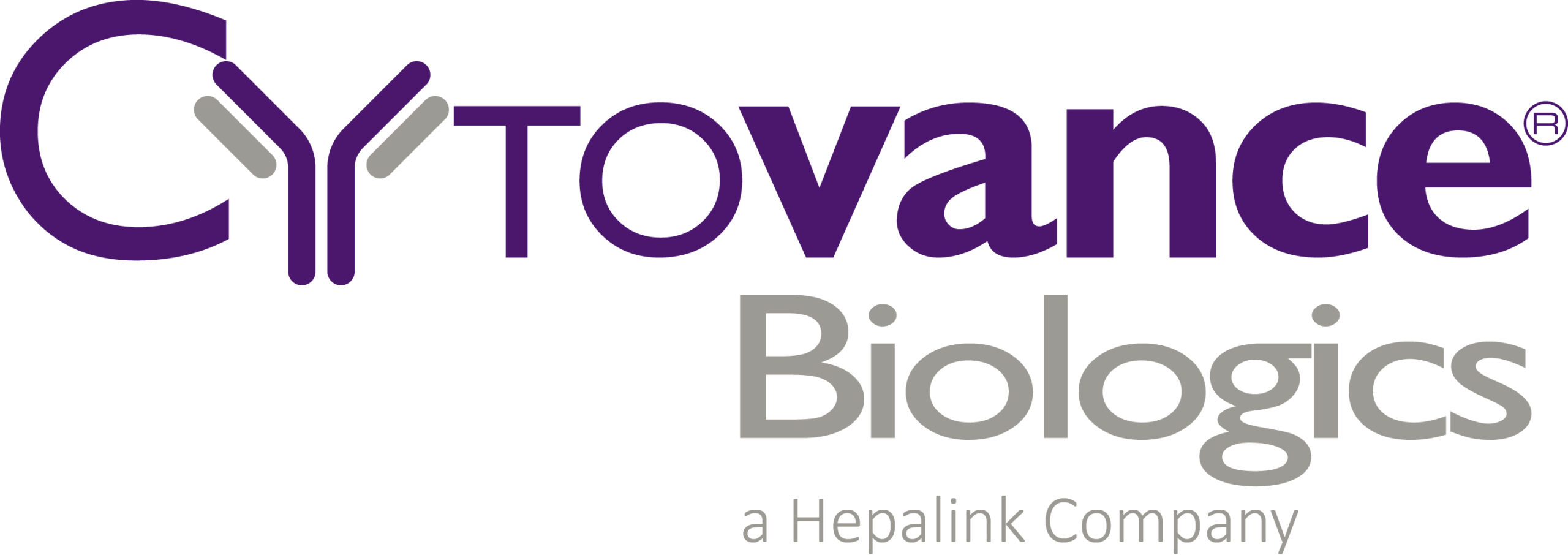Antibody reduction is the spontaneous degradation of inter-chain disulfide bonds resulting in a build-up of partial related substances of an IgG in bioprocess streams. This can lead to decreased product yield and altered batch quality and efficacy profile. Process factors known to favor antibody reduction are the antibody subclass, high shear force during harvest, low dissolved oxygen during harvest and storage conditions (pH, temperature, time) of harvest material. This webinar will highlight a case study of a new monoclonal antibody undergoing process optimization where antibody reduction was encountered showing partial related substances present at 38 percent by area.
The webinar will focus on the analytical detection and characterization technologies employed and the in-process control data used to understand the potential sources of degradation in antibody reduction. A capillary electrophoresis system was used to first detect the related substances present in the demonstration run drug substance using non-reduced CE-SDS analysis. The results were verified by retesting and by altering sample preparation conditions to eliminate method artifacts as a potential source of the species. Full analytical panel testing was performed on in-process retains to identify key process factors for the reduction and to better understand the nature and impact of the related substances in the product batch. Additional testing included SDS-PAGE, SE-HPLC, LC-MS, ELISA potency, icIEF and peptide map by RP-HPLC.
Read more...
Read Less...
Register for this webinar to learn more about the analytical and mitigation strategies for antibody reduction in bioprocessing.
Speaker

Aaron Martin, Associate Director of Analytical Development, Cytovance Biologics
Aaron Martin has 15 years of experience in the biotech/pharmaceutical industry. He currently leads the Analytical Development group within Cytovance Biologics R&D Services. In this role, he oversees the transfer, development and phase-appropriate qualification of analytical methods for new API programs, with a focus on ensuring that analytical methods and method qualifications are fit-for-purpose for their intended use.
Aaron is a subject-matter expert in biomolecular binding assays, in particular with SPR and BLI technologies. Prior to working at Cytovance, he held positions at ForteBio and SensiQ Technologies where he gained extensive experience with method development and contract research for scientists in academia and the pharmaceutical industry.
Who Should Attend?
- Analytical Development scientists
- Process Development scientists
- Managers and Directors from pharmaceutical and biotech companies
What You Will Learn
Attendees will discover:
- An interesting case study of antibody reduction that occurred in the context of process optimization
- Key analytical attributes of the reduced forms and how they are tracked in the in-process control strategy
- An optimized downstream process for the prevention and reclamation of reduced forms
Xtalks Partner
Cytovance®Biologics
Cytovance® Biologics is a leading biopharmaceutical Contract Development and Manufacturing Organization (CDMO) that excels in the rapid and cost-effective development and manufacture of large molecule APIs from both mammalian cell culture and microbial fermentation, such as monoclonal antibodies, fragment antibodies, bispecifics, enzymes, fusion proteins, vaccines and other biological products including plasmid DNA and cell-based therapeutics. In addition to our clinical and commercial cGMP API manufacturing services, Cytovance offers well integrated development services supporting the entire product lifecycle, including cell line development, cell banking, microbial strain development, process and analytical development, and process characterization. A centralized, responsive program management team coordinates all critical CMC activities for each client program around raw materials management, QC testing, ICH stability studies, and regulatory support. Our 140,000 sq. ft. state-of-the-art facilities in Oklahoma City are designed to meet U.S., EU, and other global regulatory standards.
You Must Login To Register for this Free Webinar
Already have an account? LOGIN HERE. If you don’t have an account you need to create a free account.
Create Account

